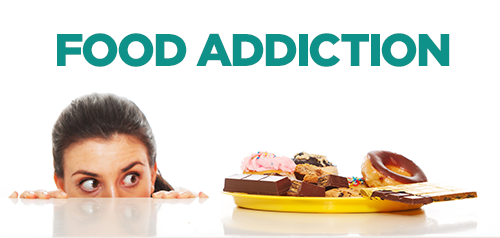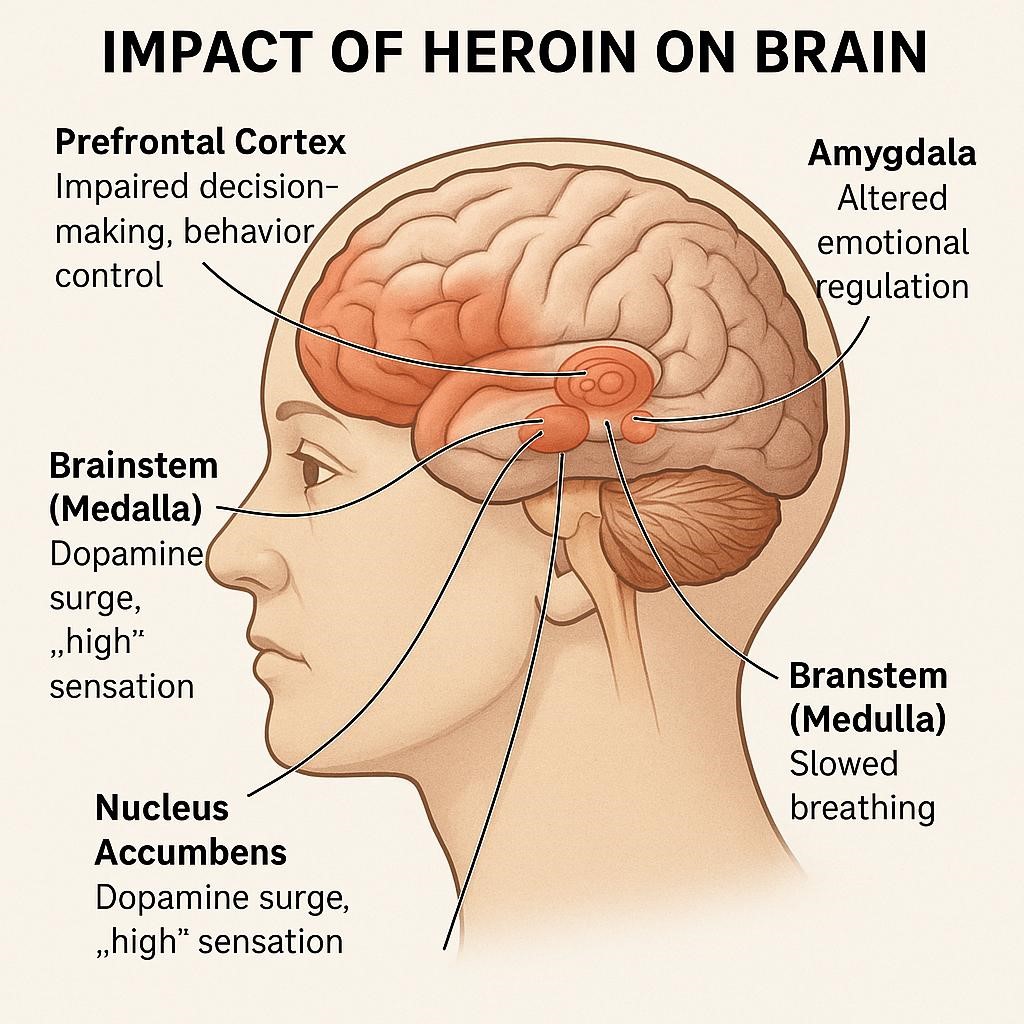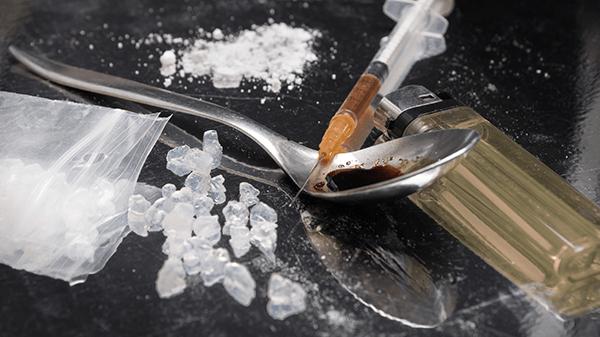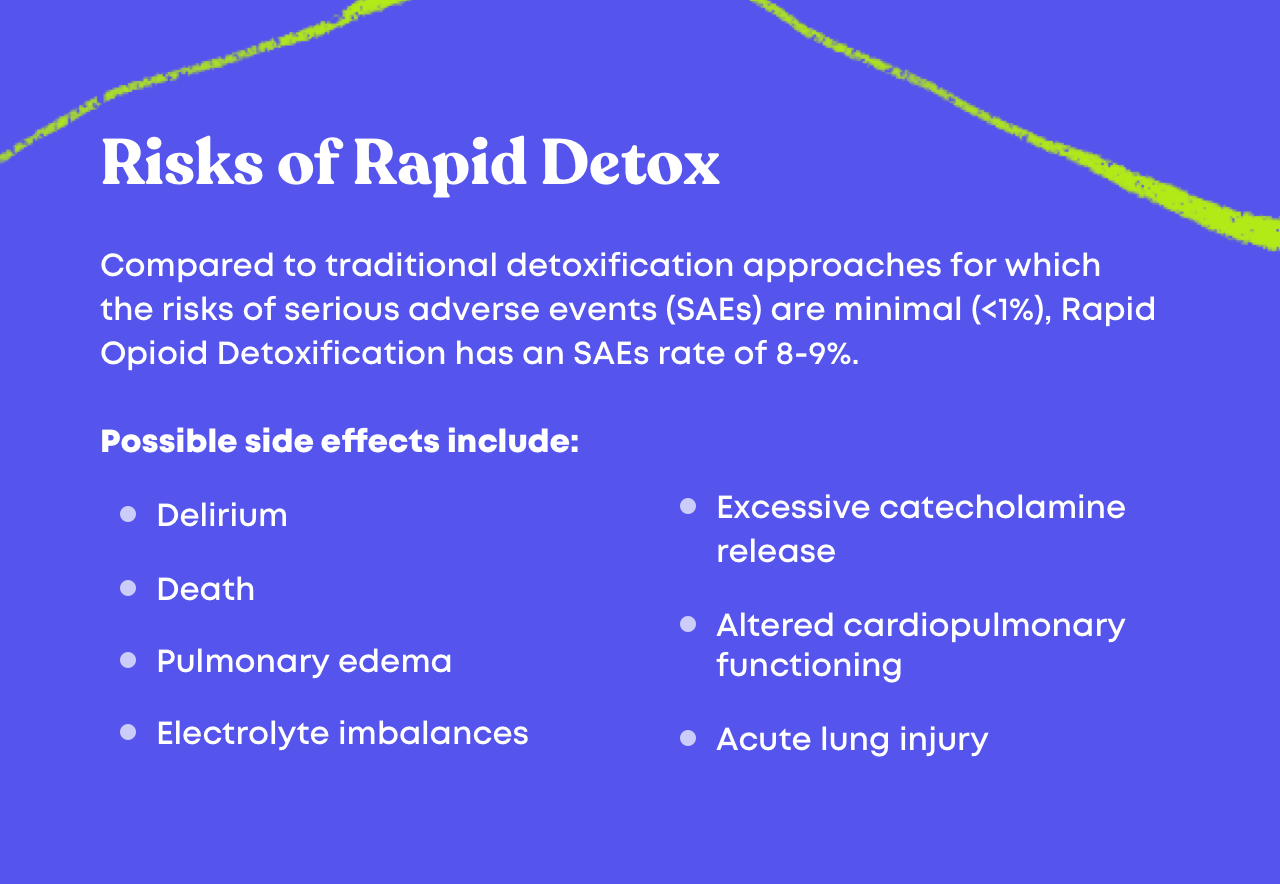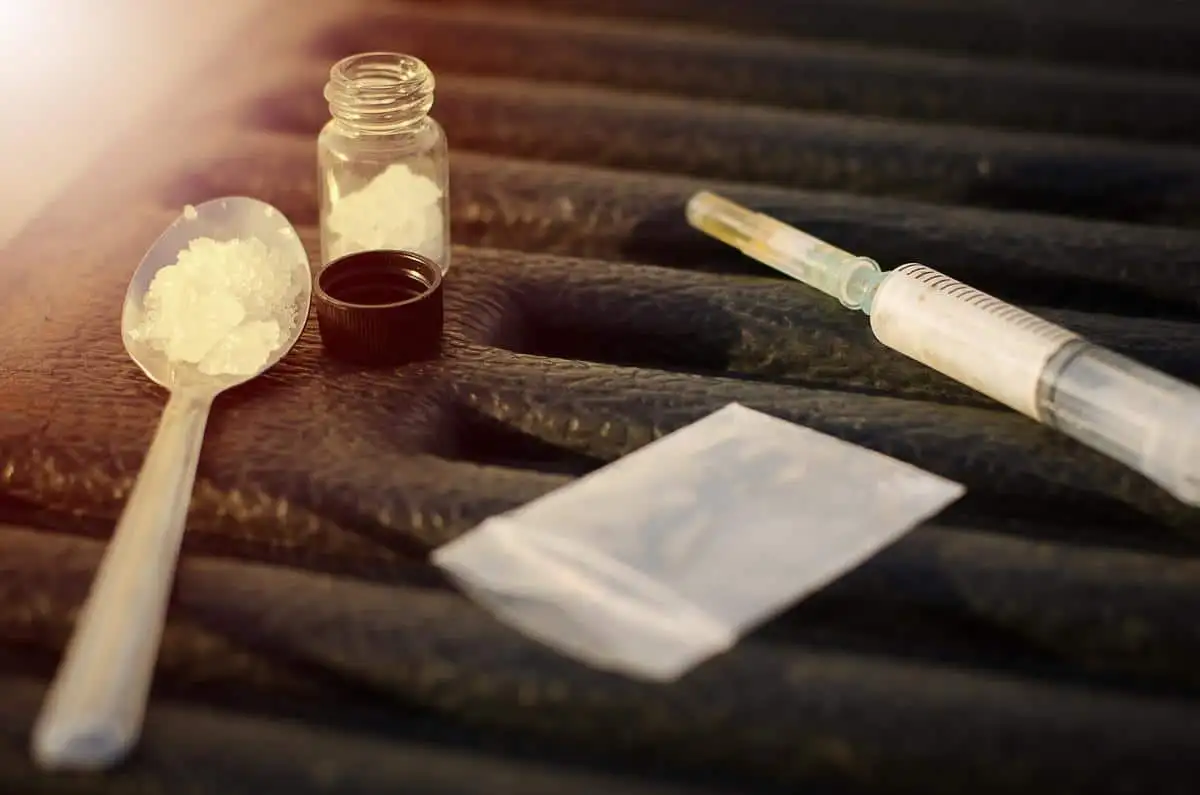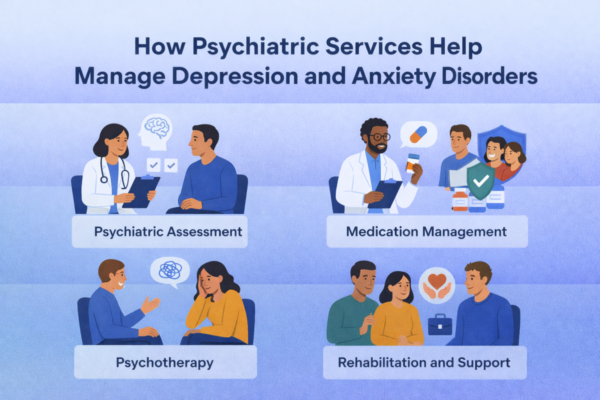
How Psychiatric Services Help Manage Depression and Anxiety Disorders – Best Rehabilitation Center in Islamabad, Pakistan
Depression and anxiety disorders are among the most common mental health conditions affecting individuals of all ages. They can interfere with daily life, relationships, work performance, and overall well-being.

